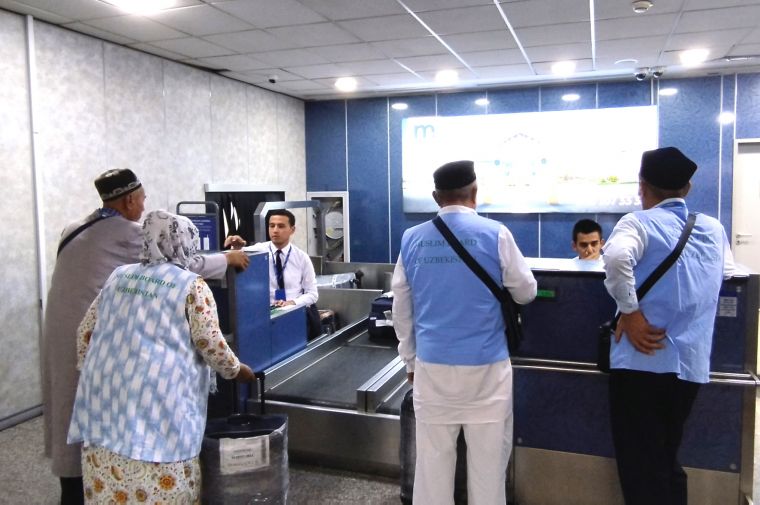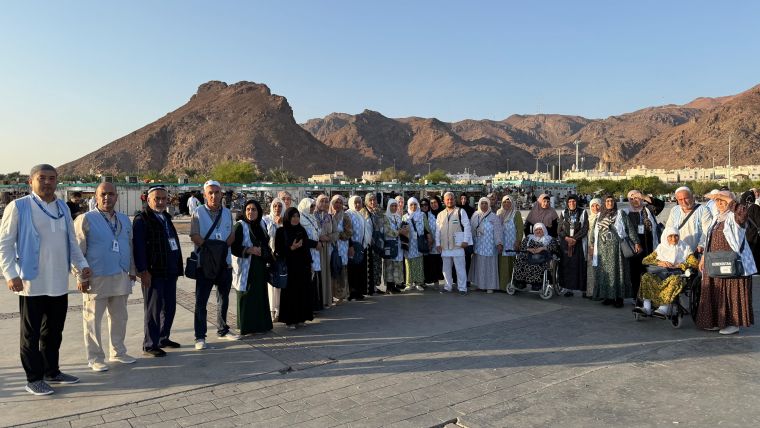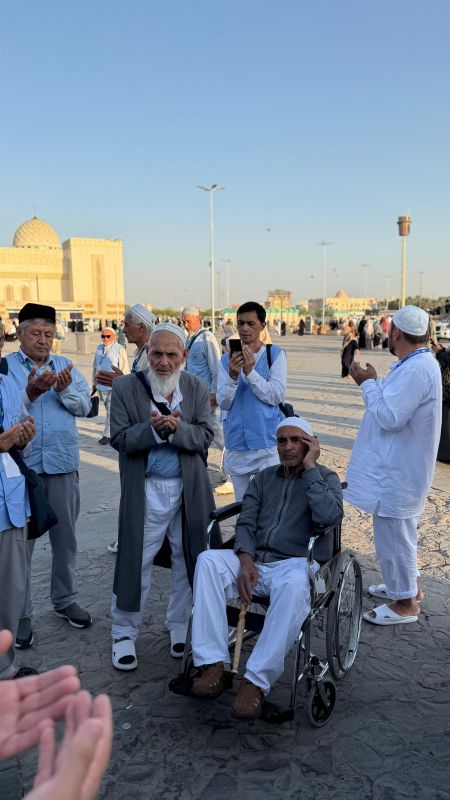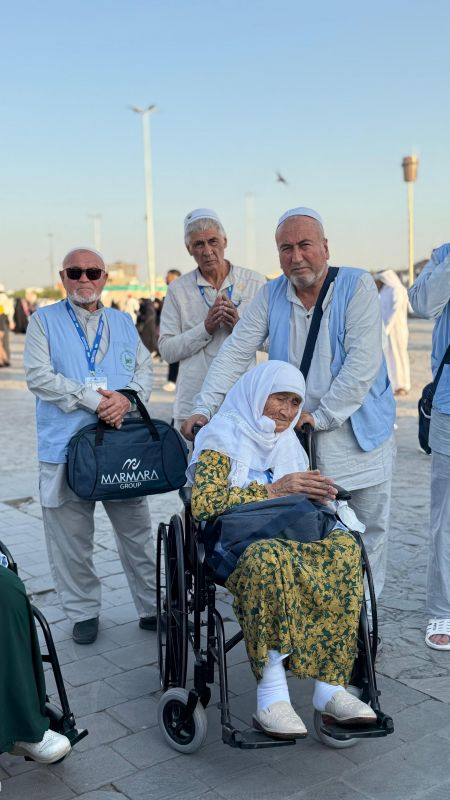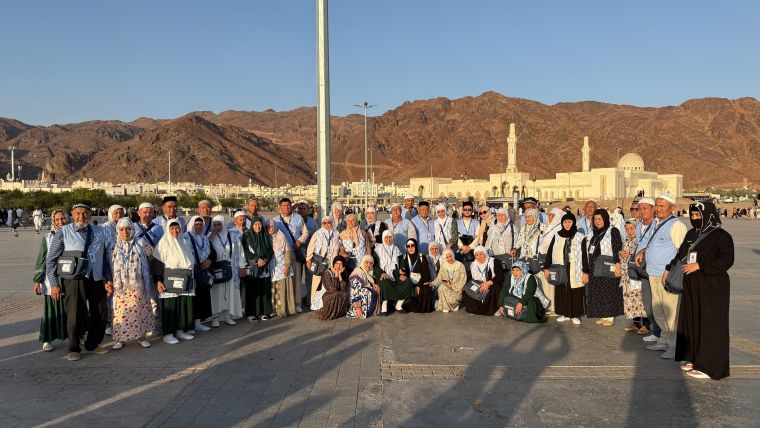Tashkent city


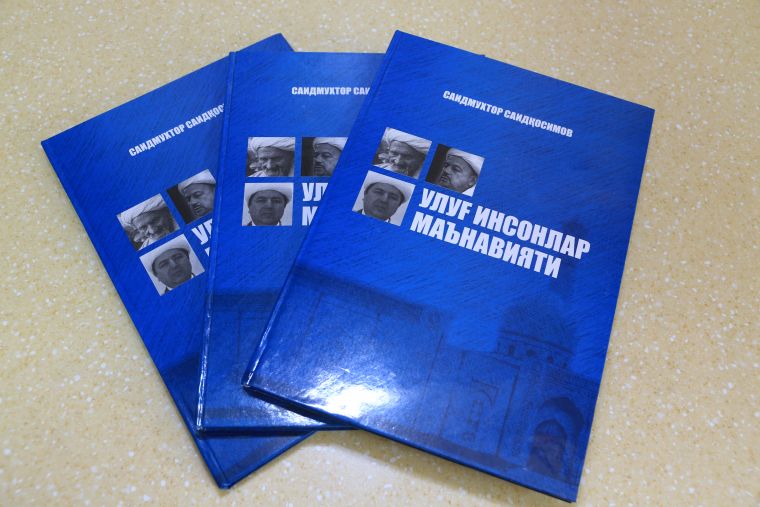
On December 18, 2017 Muslim Board of Uzbekistan hosted an event dedicated to the presentation of Professor Saidmukhtor Saidkasimov’s book under the title “The enlightenment of great pople” devoted to the 80th anniversary of the scholar of oriental studies and diplomat Shamsiddin Bobokhonov. The Academic of the Academy of Sciences of Uzbekistan, Doctor of Philological Studies, Professor Ne’matulloh Ibrohimov, Doctor of Economic Studies, Professor Nurislom Tuxliyev and The Chairman of Muslim Board of Uzbekistan Usmankhan Alimov took part in the event with their presentations. Video script devoted to the autobiography of Shamsiddin Bobokhonov was played on the screen.
Heads and delegates from the Committee on religious affairs under the Cabinet Ministers of Uzbekistan, Muslim Board of Uzbekistan, Islamic Civilization Center of Uzbekistan, scholars of oriental studies, imams and students from Tashkent Islamic Institute and Tashkent Islamic University also participated in the event.
During the meeting Muftiy Usmonkhon Alimov noted that Shamsiddin Bobokhonov’s leadership of Muslim Board had been in 1982-1989, the period of historical time when atheists rein was full of difficulties.
Muftiy made the comparison of that time with the following hadith from our prophet Muhammad sollalohu alayhi wasallam: “There would be times for my ummah when they would keep patience in religious practices like the one who holds fire in his arms”.
It was underlined that the lives of these kinds of people are worth to take as an example. Talking about scholars Imam A’zam said the following: “It is better for me to sit with the circle of scholars rather than reading books, because stories talk about the upbringing of people”
Press service,
Muslim Board of Uzbekistan

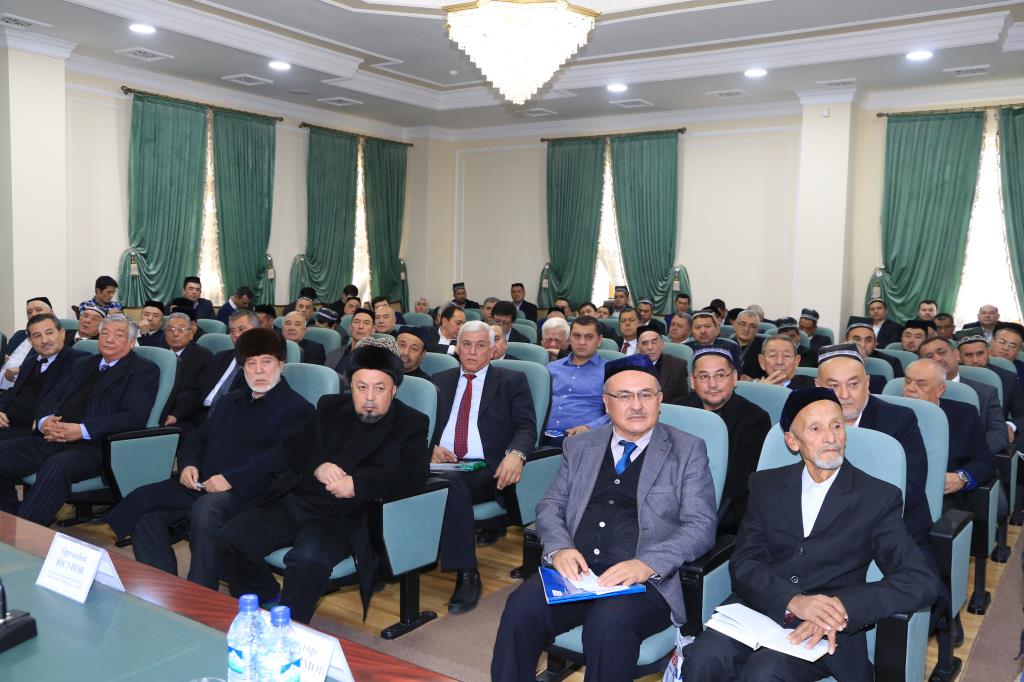
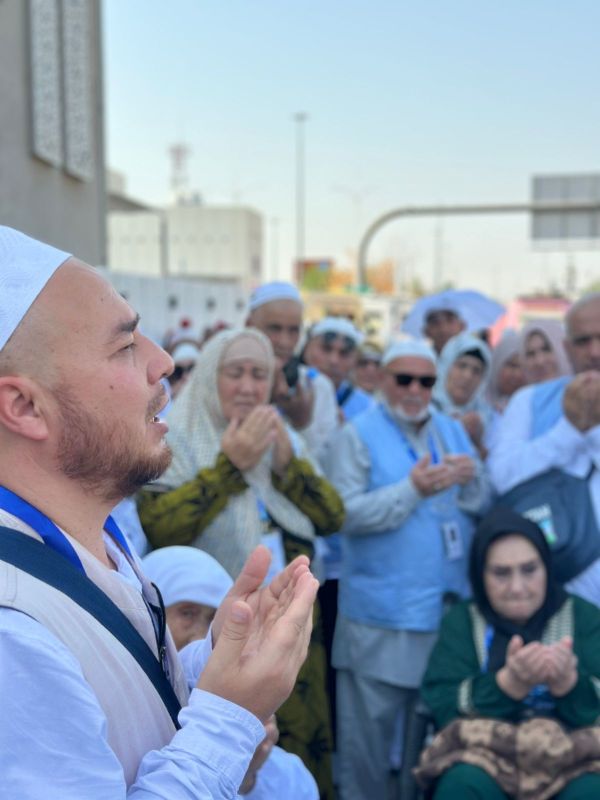
The latest group of Uzbek pilgrims is performing their acts of worship in Makkah al-Mukarramah, including the Tawaf (circumambulation) of the Kaaba, as well as the five daily prayers and voluntary (nafl) prayers.
They also visited several sacred sites such as Mount Arafat, Mount Nur, Mount Thawr, and the blessed valleys of Mina and Muzdalifah.
During their stay in Madinah al-Munawwarah, the pilgrims visited the Rawdah, Mount Uhud, and the Quba Mosque, and continue to perform their daily and optional prayers at Al-Masjid an-Nabawi.
Throughout the journey, Uzbek pilgrims have been treated with great respect and provided with comfortable accommodations — Pullman Zamzam Hotel (Madinah) and Al-Ayyam Elite Hotel (Makkah) offer excellent 5-star services to ensure a pleasant stay.
May Allah Almighty accept the worship and prayers of all the pilgrims and grant us the honor of making supplication beside His Sacred House.
Press Service of the Muslim Board of Uzbekistan

